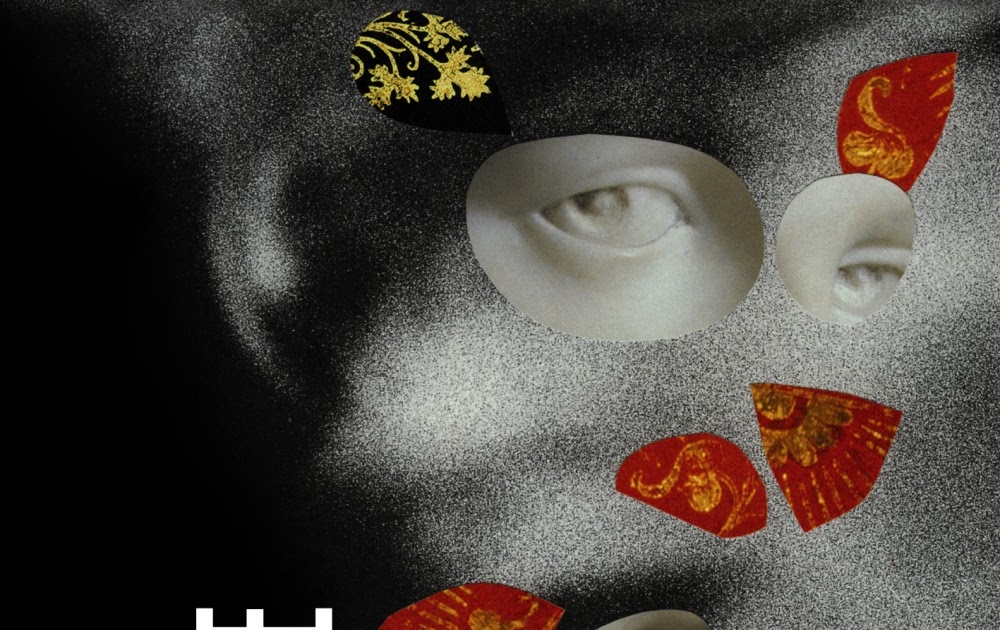
Original Language: German
Títutulus original: The glass bead game. Attempting a description of life by Magister Ludi Josef Knecht including Knecht left writings
Translation: Mariano S. Luque
Year of publication: 1943
Valoración: Essential
This is a book I always return. I have read it about ten times and, in each rereading, it moves me in a different way. That is the amazing of the good formation novels: we can identify with the character at different times of our life and, at the same time, conserve some nostalgia for the past stages.
In this novel, Hesse condenses many of the ideas he had already raised in previous works: the spiritual crisis of the West, Eastern mysticism, magical theater, self -discovery and awakening of consciousness. In addition to being a formation novel, it could well be considered a quasi-distopia: some centuries are placed in the future, after an era of wars and spiritual decline, the so-called “was folletinesca” (identified with our present). In that new world, a small group of wise, religious and scientific founds an almost sectarian order, aimed at keeping the highest knowledge of humanity, providing them with both spiritual and historical framework. Thus Castalia is born, an isolated society where art and human knowledge have crystallized and perpetuated by repetition (for example, of musical pieces) and the investigation of ancient documents. However, nothing new is created: only the great works of the past are studied and celebrated (hence the ‘repeaters’). Under that spirit, the Treasury of the Order is also conceived: the set of beads, a system that allows the different disciplines, to manipulate their principles and recreate in their infinite connections.
The main axis of the novel is Josef Knecht, a selected child to be educated in an order school. It is distinguished by being a charismatic and intelligent student, and progresses in a prominent way in the academic disciplines of rigor (mathematics, Latin, music, among others) until becoming a true master of the game. In the course of your learning, in addition, it makes contact with various characters that offer you different perspectives from the world and spirituality, such as a Chinese hermit or a Dominican father. His unusual education and strong discipline lead him to the highest ranges in Castalia. From there, and as usually happens in the stories of Hesse, Joseph crosses several crises, experiences discoveries and faces transcendental doubts that push him to question not only his place within the order, but also the meaning of this in the world.
While the plot develops in a fluid and attractive way, the truly memorable in this work is the very idea of the game of beads. Hesse does not offer exhaustive descriptions about its rules or detail with precision what it consists of; Instead, it brings indications and compares the game with already known artistic or scientific activities. This indefinition is especially stimulating for the reader’s imagination, an essential quality in good fiction literature.
In the book, the game of beads appears as a subtle metaphor of human aspiration for finding a universal language that unifies all disciplines of knowledge and arts. Hesse tells us about an almost musical structure that integrates mathematics, philosophy, science and literature. The players, authentic scholars, establish symbolic connections between concepts of origins as disparate as the harmony of a baroque leak and the logic of a geometric demonstration. This abstract and dynamic nature of the game makes it a tool to transcend the mere accumulation of information, approaching the spiritual and intuitive dimension of knowledge. In this way, the set of beads not only reinforces the cohesion of the community of Castalia, but embodies the incessant search for total knowledge that, if, mainly created for meditation and pure contemplation. It is a really stimulating idea.
Reading the set of beads is to enter a reflection on the conflict between intellectual search and the need to get involved with the reality that surrounds us. For Hesse, knowledge and spirituality are not ends in themselves, but means to achieve greater understanding of ourselves and our world.
Other works by Hermann Hesse in Ulad: The steppe wolf, Demian, under the wheels
Source: https://unlibroaldia.blogspot.com/2025/03/hermann-hesse-el-juego-de-los-abalorios.html


